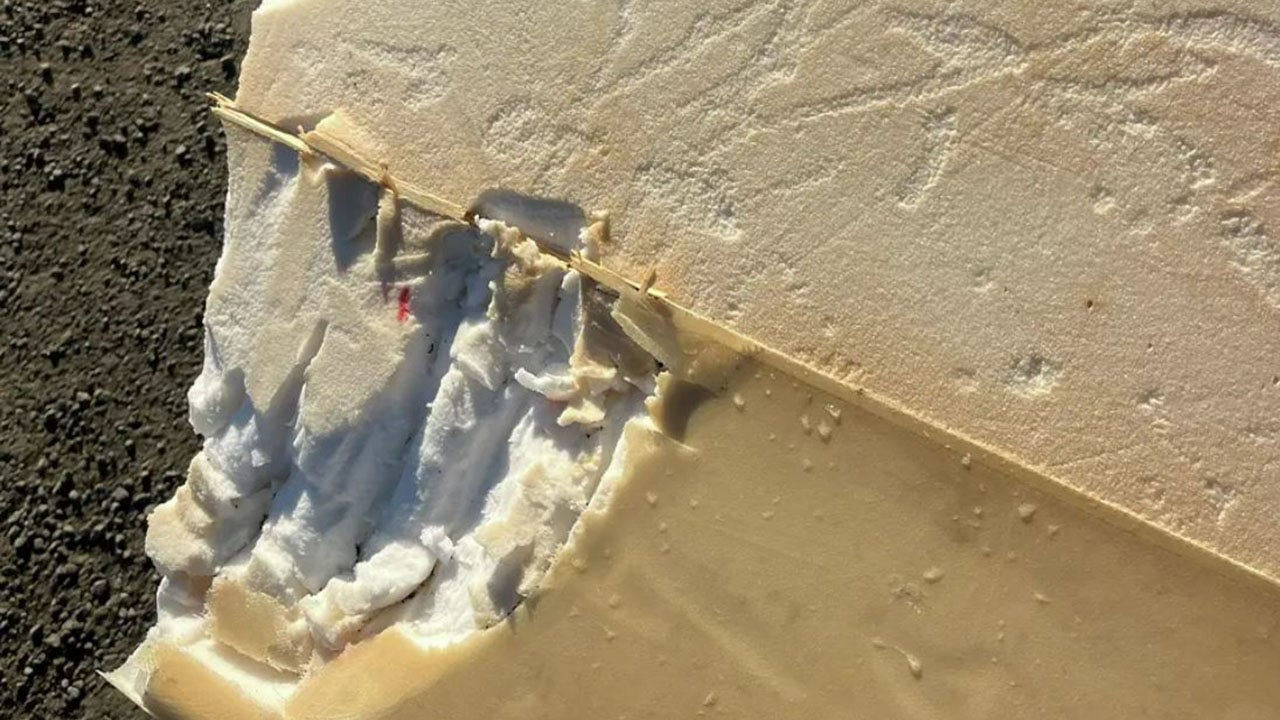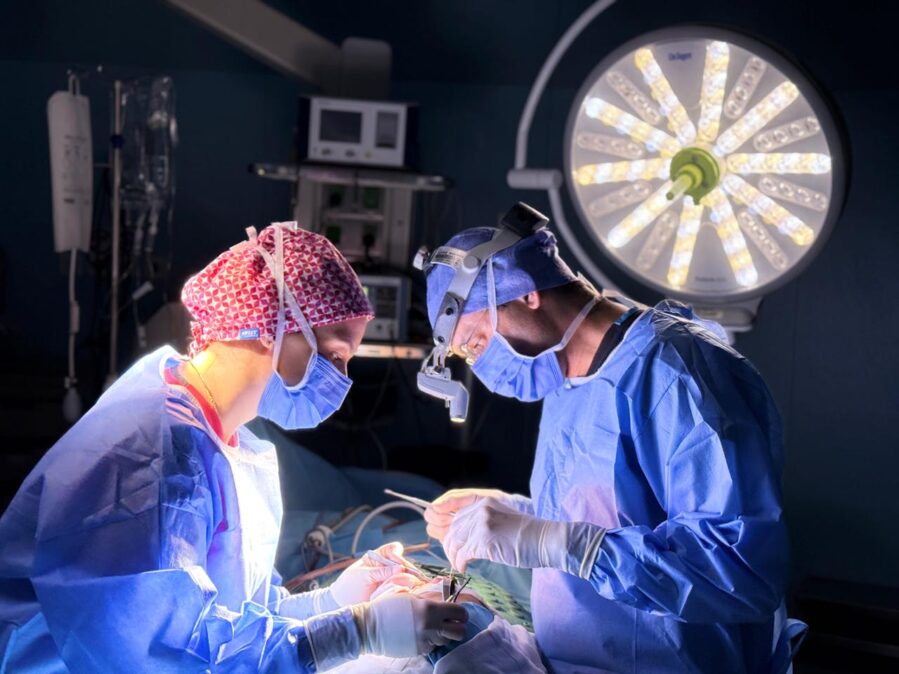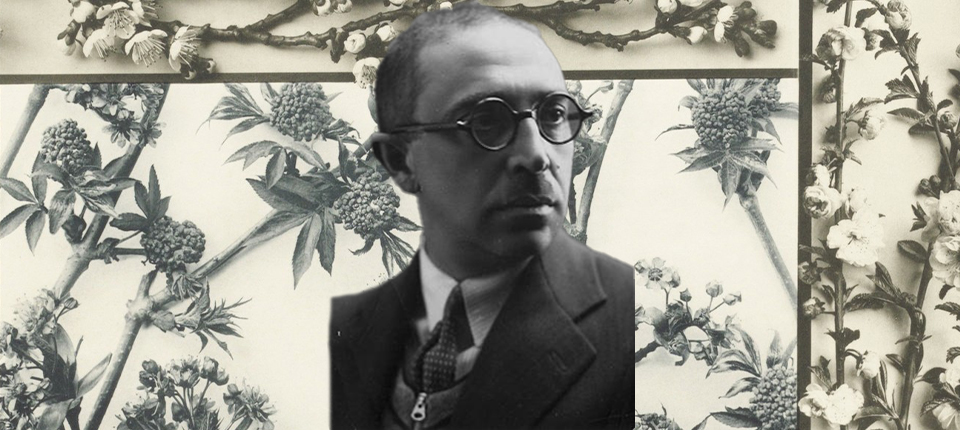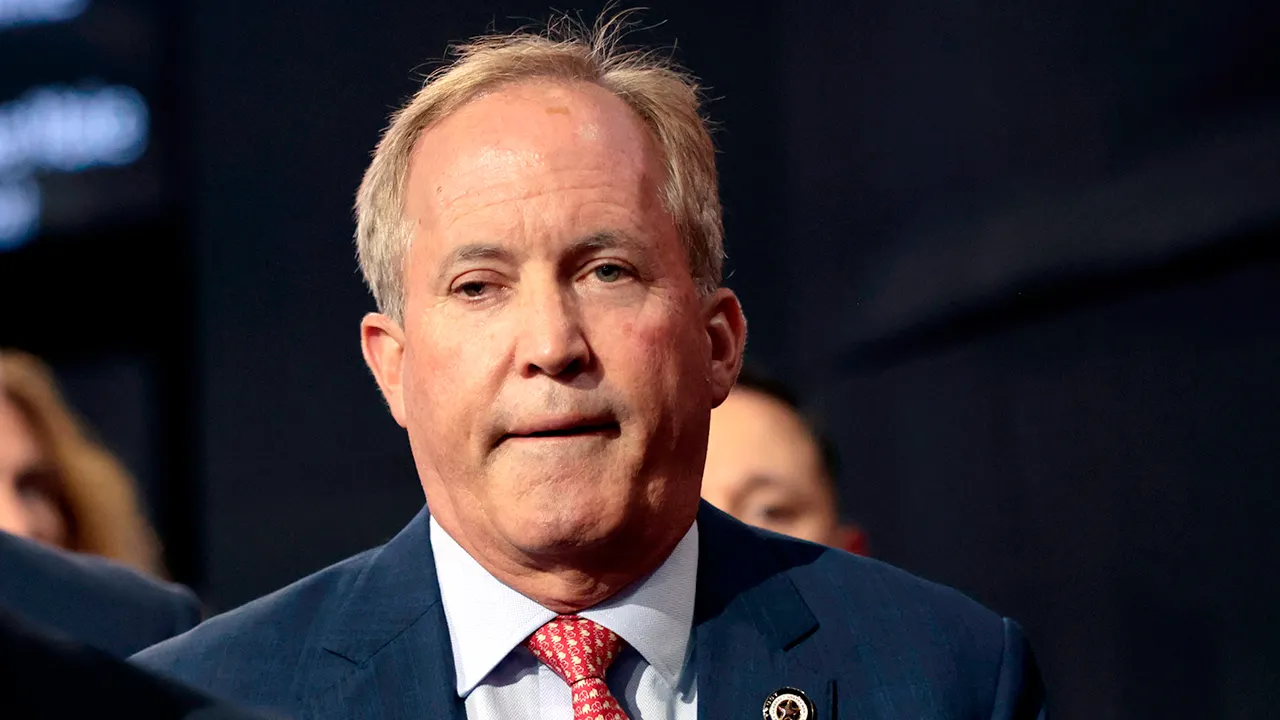
Dual diagnosis is a term used to describe when someone has a mental illness and a substance abuse problem simultaneously. It can be challenging to diagnose dual diagnosis because the symptoms of both disorders can look very similar.
Mental illnesses and substance abuse problems often occur together, but it’s unclear which one comes first. In some cases, people start abusing drugs or alcohol to try to self-medicate their mental illness. In other cases, the mental illness develops first, leading to drug or alcohol abuse.
There are four main ways to get help for dual diagnosis.
1) Go to a Medical or Mental Health Professional
Mental health professionals can help you with your mental illness and substance abuse problems. They can prescribe medication for your mental illness and provide counseling or therapy to help you overcome your addiction. Therapists at EmbraceTreatment.com
recommend finding a therapist who offers the right resources and support to start your recovery journey. With a specialist in dual diagnosis, they can assess and treat both disorders at the same time.
Many types of mental health professionals include psychiatrists, psychologists, social workers, and counselors. Each professional has their area of expertise. You can find a list of mental health professionals in your area by contacting your local hospital or searching online.
2) Look for a Dual Diagnosis Treatment Program
Many treatment centers specialize in treating dual diagnosis. These programs provide comprehensive treatment that simultaneously addresses both mental illness and addiction. This is often the most effective way to treat dual diagnosis because it addresses both issues simultaneously instead of treating them separately.
You can search online for dual-diagnosis treatment programs in your area or ask your medical or mental health professional for referrals. Many insurance plans also cover treatment at dual diagnosis facilities, so check with your insurance company for a list of covered providers.
3) Join a Support Group
Support groups can be a helpful supplement to professional treatment for dual diagnosis. The most well-known support group is Alcoholics Anonymous (AA), which helps people with alcohol addiction. There are also support groups for other substances, such as Narcotics Anonymous (NA) and Cocaine Anonymous (CA).

In addition to substance-specific support groups, there are also general mental illness support groups. These can provide a helpful and understanding community for people with dual diagnoses. You can search online or ask your treatment provider for local support group options.
4) Seek Out Therapy Options
Therapy can be a valuable tool in treating dual diagnosis. Cognitive Behavioral Therapy (CBT) is particularly effective for mental illness and substance abuse problems. It helps you identify negative thought patterns and behaviors and then work to change them.
Many health insurance plans cover therapy sessions with a licensed therapist. If you don’t have insurance or your insurance doesn’t cover therapy, there are still options available. Many universities offer low-cost therapy through their psychology department, and nonprofit organizations often provide free or discounted therapy services.
No matter what treatment option you choose, it’s important to remember that recovery is a process that takes time. Be patient with yourself, and don’t give up if you have setbacks. With the proper support and treatment, you can live a fulfilling life in recovery from a dual diagnosis.
Sign Up to Our Newsletter
Get notified about exclusive offers every week!




























































